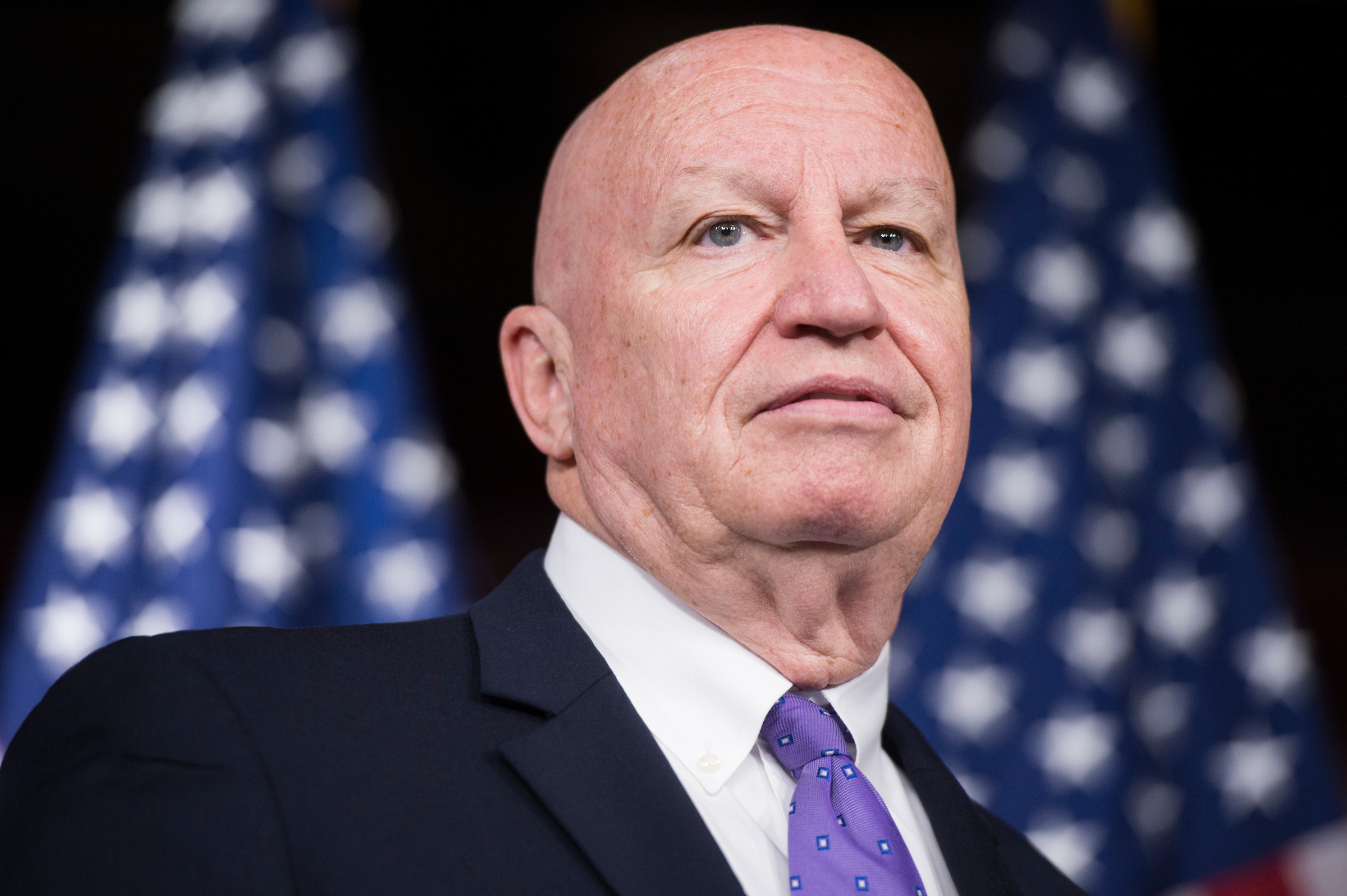Top Tax Writers Noncommittal on Overhaul Timeline
White House has more aggressive calendar than Congress

The chairmen of the House and Senate tax-writing committees on Tuesday declined to commit to releasing their unified tax overhaul plan by the end of the month after a key White House official a day earlier had said they hoped to have it “locked in place” before the August recess.
Republican leaders from the House, Senate and White House have been meeting regularly to discuss a tax overhaul, hoping to come up with a unified plan that both chambers of Congress can pass and the president can sign into law this year.
But how quickly they can all agree on a plan remains an open question, with the White House lately expressing a bit more optimism about the timeline than congressional leaders.
“I think that hopefully before the August recess is when we have it locked in place, and that we would look to begin the markup process when we return from August recess,” White House legislative affairs director Marc Short told reporters Monday.
The comment came before Senate Majority Leader Mitch McConnell announced that the chamber would stay in session for two extra weeks in August before beginning their summer recess.
Even after the announcement of the delayed recess, Senate Finance Chairman Orrin Hatch would not commit to releasing a plan by or in August.
“We’ll have to see,” the Utah Republican said.
Likewise, House Ways and Means Chairman Kevin Brady would not commit to the August timeline.
“We’re continuing to focus on 2017, so we’re going to let the discussions and the pace determine [timing] for the public releases on this,” the Texas Republican said.
Brady said the principal negotiators, known as the “Big Six,” met again on Tuesday. Those six are Hatch, McConnell, Brady, Speaker Paul D. Ryan, Treasury Secretary Steven Mnuchin and White House chief economic adviser Gary Cohn.
“We’re still on target and making steady process toward delivering this to the president’s desk in 2017,” Brady said. “And so I’m pleased again with, I think, with the pace and substance of the issues that we’re discussing.”
House leaders have not yet announced any plans to delay or cancel the August recess and Brady is hoping they won’t, saying he sees the month as a good time for lawmakers to connect with voters on a tax overhaul.
“I hope August is at home, building support, listening with our constituents,” he said.
One of the key issues the “Big Six” still need to resolve is how to prevent U.S. companies moving operations overseas for tax reasons.
“Whether border adjustment stays in or not in some form, the problem has to be solved,” Brady said. “Even with low rates, even with a territorial system, U.S. jobs and companies could continue to leave and there won’t be the incentives to bring those supply chains or the research facilities or those patents back to the United States.”
While that issue remains unresolved, it does appear tax writers are making headway in other areas. Hatch said his panel is “constantly” sending proposals to the Joint Committee on Taxation for cost estimates.
“We know pretty well where we’re going,” he said.
Despite that assessment, Hatch later announced a July 18 hearing with a title that suggested a less optimistic view: “Comprehensive Tax Reform: Prospects and Challenges.”
John T. Bennett contributed to this report.





